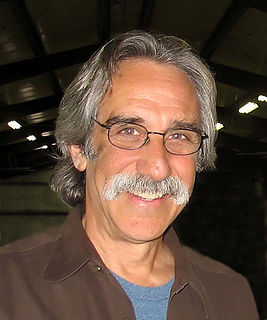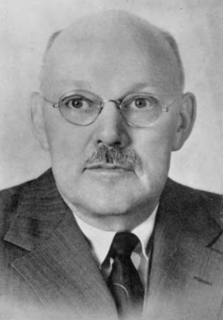A Quote by Andrew Adonis, Baron Adonis
The partial exception to our London-centric state institutions is the monarchy, which has always had peripatetic tendencies.
Related Quotes
I think one of the London Film Festival strengths is that it's set in London but it's not about London. It's about the diversity of this city and it's about world cinema. And that's what London is - London is a place where its identity is always in a state of flux. So, this festival celebrates the way in which it is always changing. That's why London is a fascinating place and that's why the film festival is a fascinating film festival.
It's incredible how London-centric the theatre world is. Certain actors won't travel away from London anymore for work; practitioners often aren't taken seriously enough unless their work is seen in London; and it's sometimes very difficult to get national critics to review shows - especially if there's a clash with a London press night.
In reading over the Constitutions of all fifty of our states, I discovered something which some of you may not know: there is in all fifty, without exception, an appeal or a prayer to the Almighty God of the universe. Through all fifty state Constitutions, without exception, there runs this same appeal and reference to God who is the Creator of our liberties and the preserver of our freedoms.
Canadians should realise when they are well off under the Monarchy. For the vast majority of Canadians, being a Monarchy is probably the only form of government acceptable to them. I have always been for parliamentary democracy and I think the institution of Monarchy with the Queen heading it all has served Canada well.
The English monarchy is at best symbolic, whereas the Saudi monarchy is a bloodline, but it's also showing itself as a very primitive culture. So, I think we're moving further and further away from that kind of organization of humanity and the same I would say with religion. I think that organized religions, with the exception of Islam, are really falling by the wayside. People are starting to understand that the religious potential is within and that it's an individual pursuit.
There are always in life countless tendencies for good and for evil, and each succeeding generation sees some of these tendencies strengthened and some weakened; nor is it by any means always, alas! that the tendencies for evil are weakened and those for good strengthened. But during the last few decades there certainly have been some notable changes for good in boy life. The great growth in the love of athletic sports, for instance, while fraught with danger if it becomes one-sided and unhealthy, has beyond all question had an excellent effect in increased manliness.
... the cooperative forces are biologically the more important and vital. The balance between the cooperative and altruistic tendencies and those which are disoperative and egoistic is relatively close. Under many conditions the cooperative forces lose, In the long run, however, the group centered, more altruistic drives are slightly stronger. ... human altruistic drives are as firmly based on an animal ancestry as is man himself. Our tendencies toward goodness... are as innate as our tendencies toward intelligence; we could do well with more of both.
As a Londoner who delights in the capital's dynamism and diversity, I none the less agree with Ken Livingstone that London hosts too great a share of our national institutions. Where sensible, more should be located in other cities, particularly new or reformed institutions that involve new facilities.
































